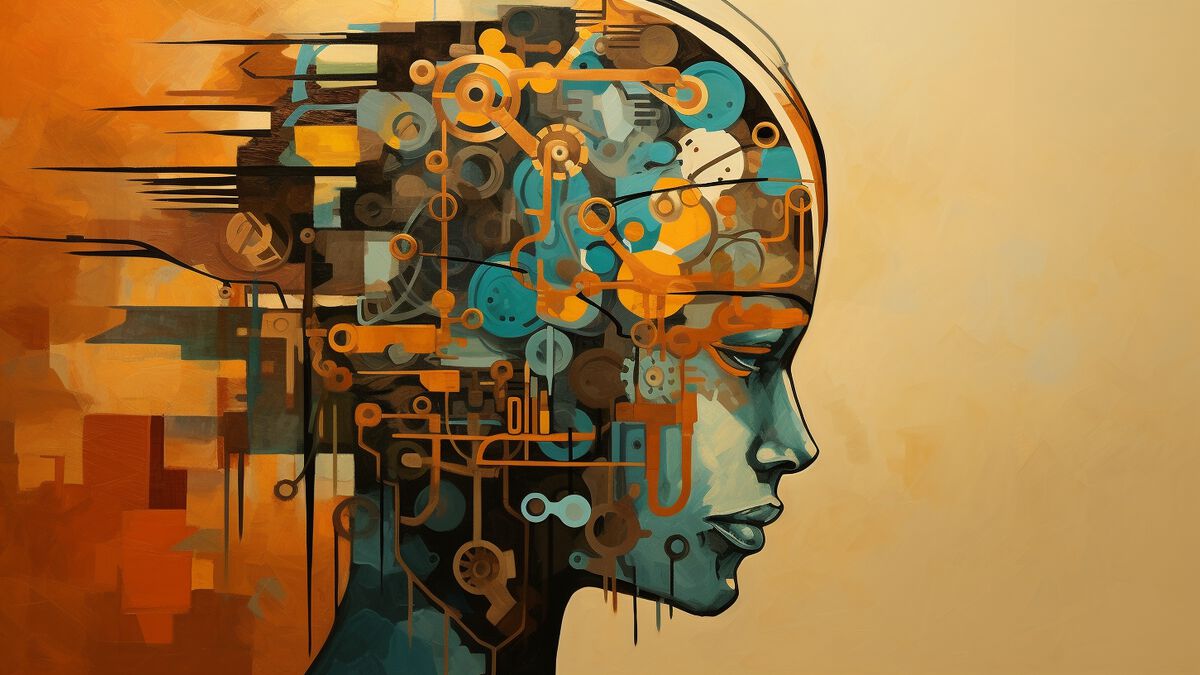Arbitrary Interpretation of Memes
Lincoln Cannon
30 April 2009 (updated 26 December 2025)
Susan Blackmore gave a TED Talk on memes in February 2008. I agree with her application of the evolution paradigm to replicators beyond genes. However, I disagree with the way she interprets the ramifications.
First, when she says (or quotes from someone else) that memes, like genes, result in design out of chaos without the aid of mind, what does she mean by “mind”? What if mind IS evolution at a rapid rate? Or what if mind is to memes as environment is to genes?
Either way, it appears that universal darwinism may be understood as being dependent on mind quite as easily as it may be understood as being independent of mind. Maybe our genes are to God as our memes are to us? Or maybe temes are to God, as memes are to individuals, as genes are to anatomy?
Something along these lines seems quite as plausible as the arbitrary claim that mind is not involved in any of this. Again, what is mind?
Second, I don’t understand why she thinks non-human animals imitate hardly at all. On first hearing this claim, my initial impression is that she doesn’t know what she’s talking about. Here’s one of a huge number of examples that come to mind quickly: parrots are the archetypical imitators. Why would they not be considered meme carriers?
Third, I disagree with the perspective that she expressed with these words: “we think we’re choosing these things, but the temes are making us do it.” In her view, temes are to memes as memes are to genes.
Of course she would express the same sentiment regarding memes and genes. They MAKE us do things. We don’t choose.
From such a perspective, there may be no choice whatsoever. Yet we all experience choice. How is that?
Some say we’re deceiving ourselves. Those who say so are holding dogmatically to a particular understanding of “choice.”
Others, like me, simply say: I know I choose. I’m curious to understand better what it means to choose – whether or not genes, memes, and temes end up playing a role in my understanding.



